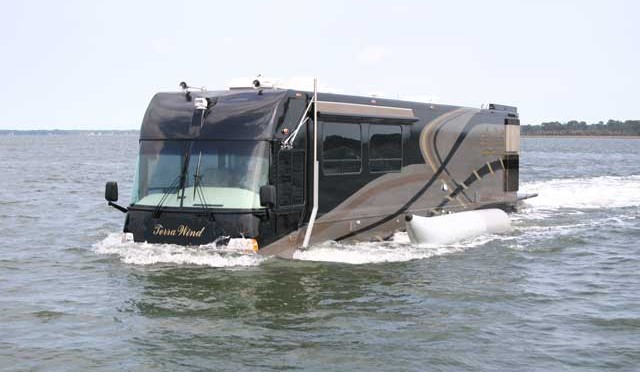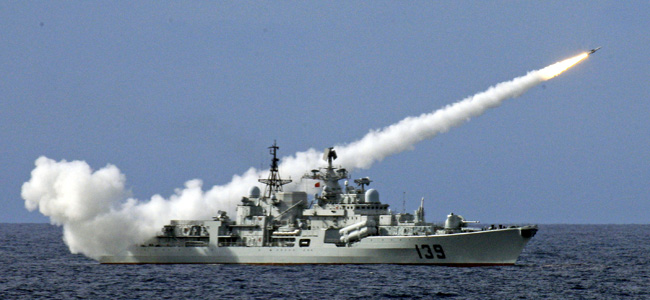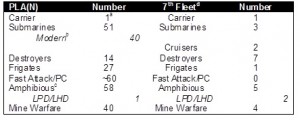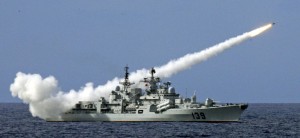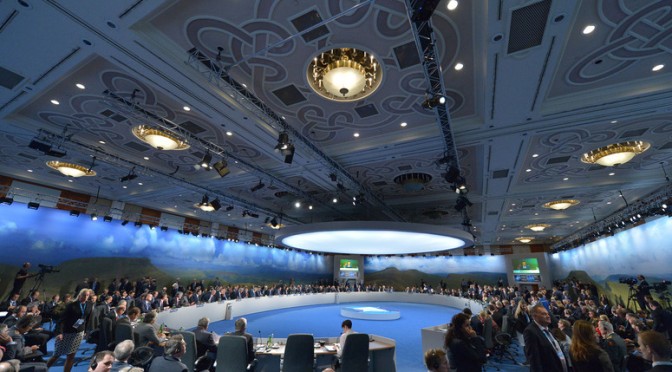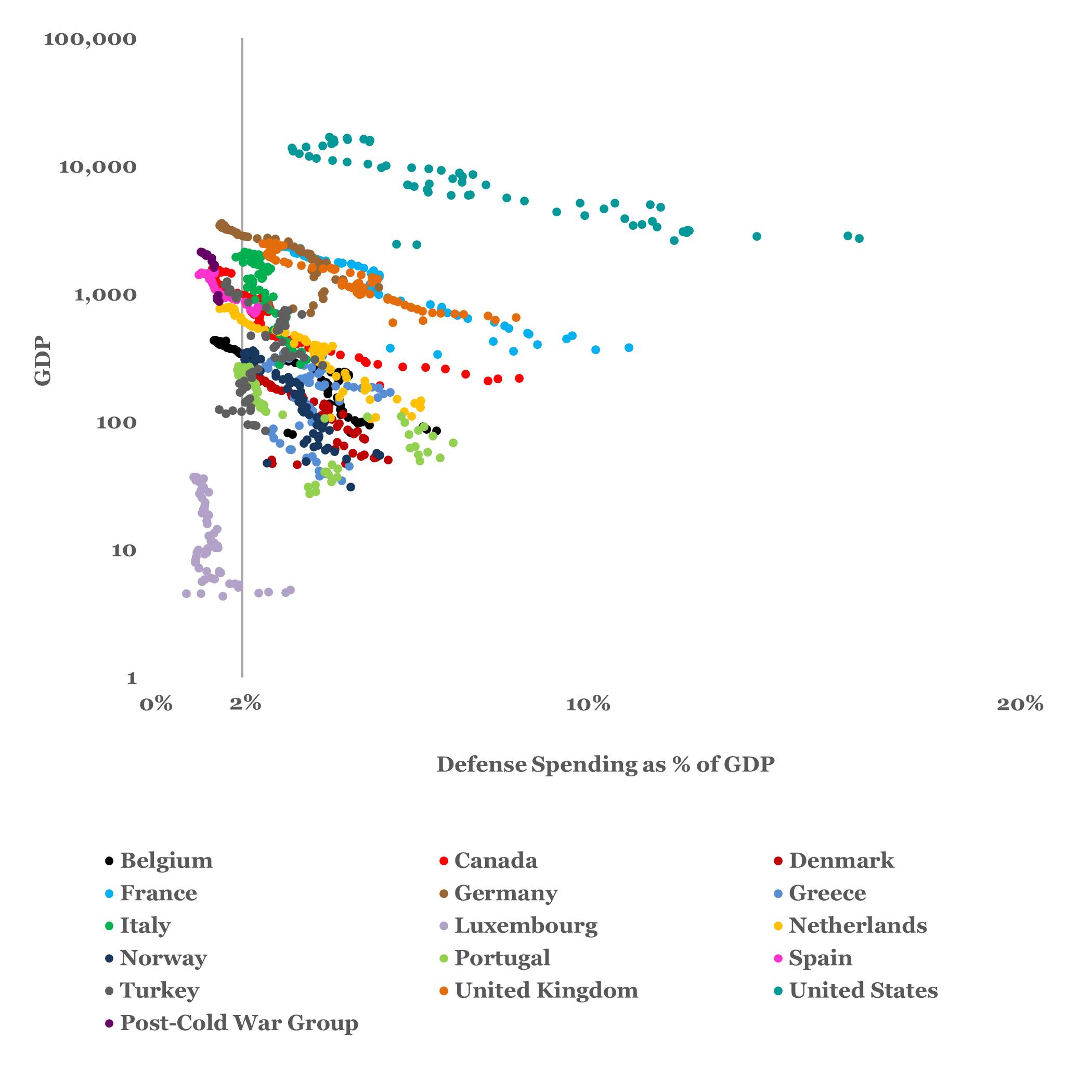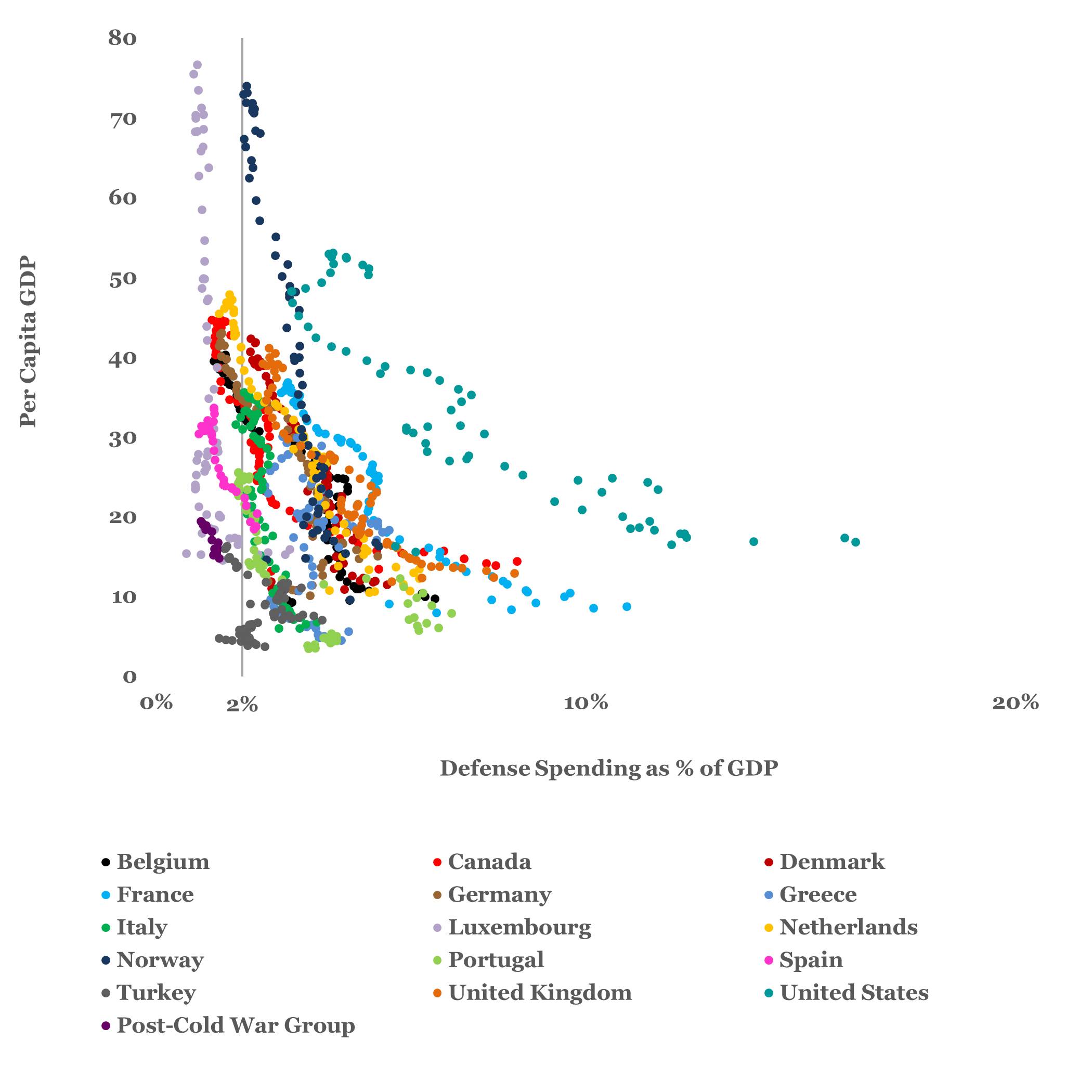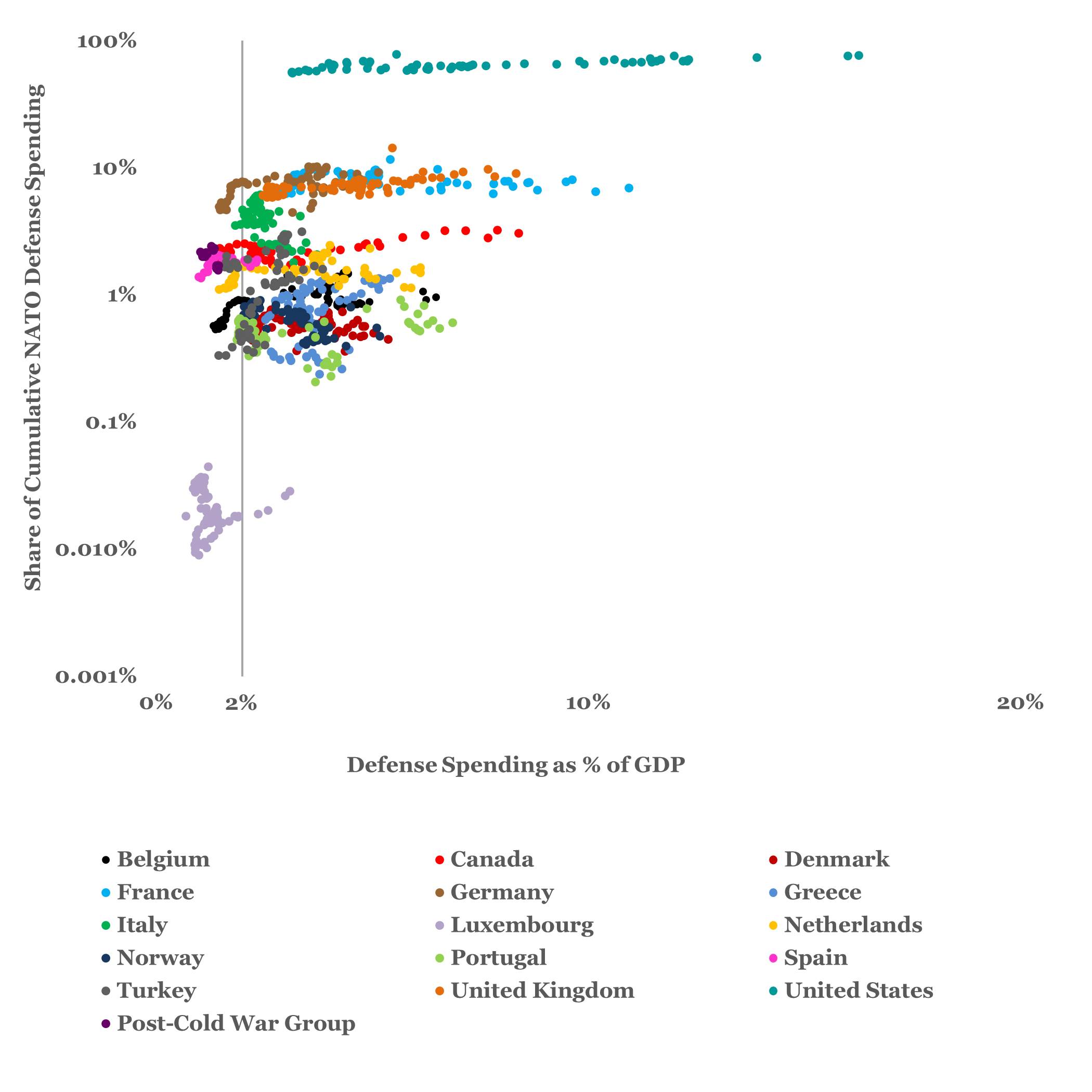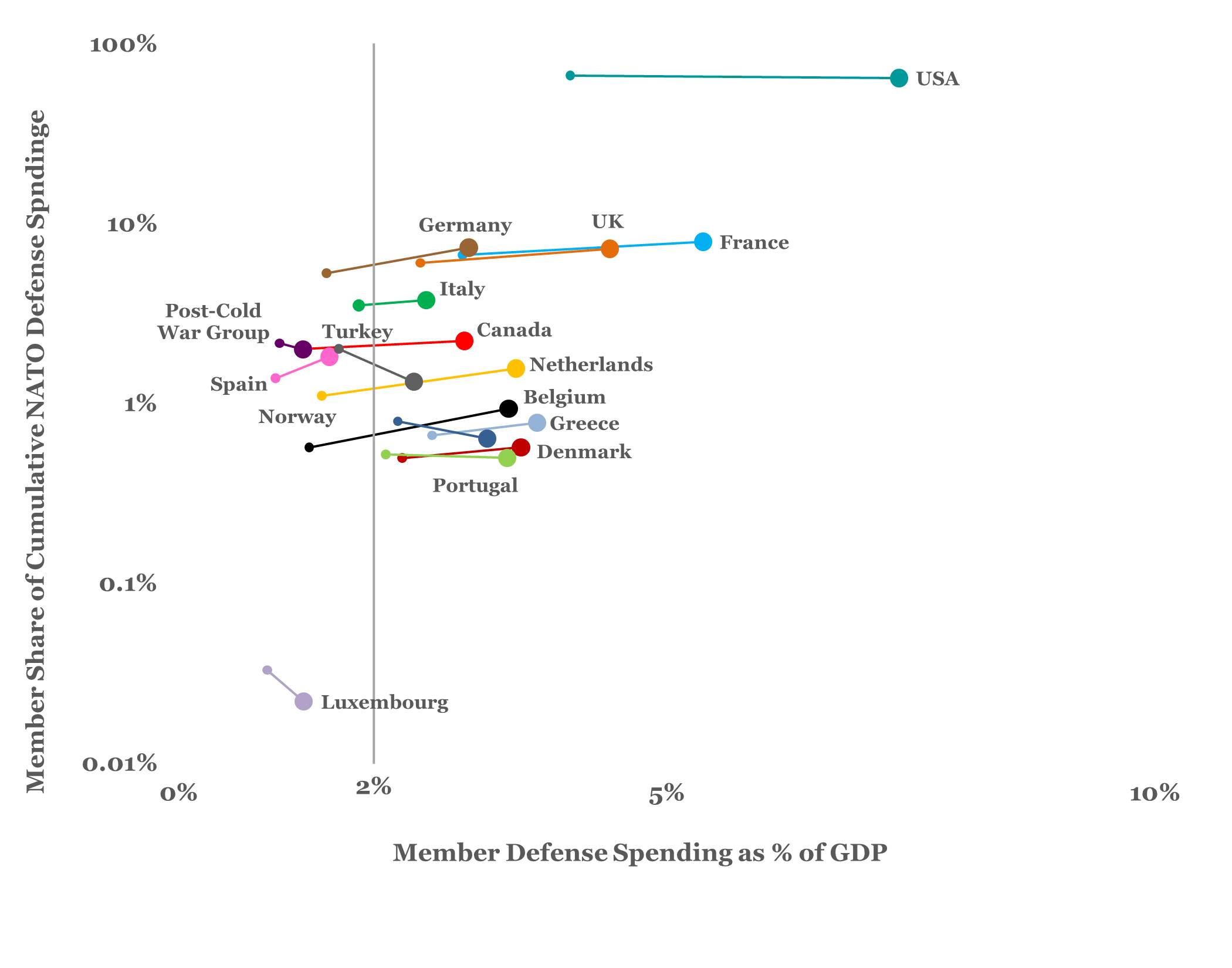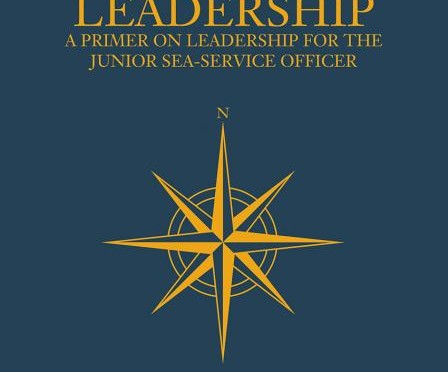After more than a decade of overwhelming success in combat operations ashore, the United States Marine Corps is mounting a very public return to its sea faring roots—and the timing could not be worse. The defense budget is shrinking by billions of dollars each fiscal year, impacting everything from amphibious ship maintenance / readiness / modernization and interoperability to Marine acquisitions and end strength. In the midst of all this fiscal turmoil, the Department of the Navy (DoN) is further handicapped by an absence of Department level strategic communications coordination evidenced by the distant narratives being communicated from the Blue and Green sides on amphibious operations. With America’s largest Global War on Terror land campaigns wrapping up and with it a shrinking appetite to maintain two land armies, the lack of a coherent, unified justification for the future employment of Marines aboard Navy shipping existentially threatens the Marine Corps. Below are eight major items that the DoN must internally reconcile in this budget cycle to further guarantee future relevancy of the US Marine Corps:
1. DOCTRINE: Reconsider the Marines new Capstone Document, Expeditionary Force 21 (EF-21).
“EF-21 will not change what Marines do, but how they do it[1].” To this I would add “and when they will do it, and why they will do it.” EF-21 represents a unilateral, fundamental paradigm shift in Joint Forcible Entry Operations (JFEO) doctrine that disconnects with existing concepts such as the Joint Operational Access Concept and the Army – Marine Corps Access Concept. EF-21 asserts the Marine Corps’ preeminence in conceiving Amphibious Doctrine and announces dramatic changes in USN shipping standoff ranges during landing operations (an almost unfathomable 65 nautical miles) as well as a novel sequencing of operations—landing Marines prior to cyber, naval, or air preparation of the battle space in order to conduct USMC counter anti-access and counter area-denial operations. The Marines have blazed a new doctrinal path, replete with unique assumptions on surface ship missile defense capabilities (underestimated) and surface connector capabilities (overestimated). With EF-21 they have created a schism that—left unreconciled —will call into question Naval / Joint doctrine and acquisitions to support amphibious entry operations.
2. ORGANIZATION: Re-evaluate the ARG MEU and MAGTF
For well over a decade, the Amphibious Ready Group / Marine Expeditionary Units (ARG MEU) have been operating outside of their normal 3 ship formations. “Split Force Operations” and “Distributed Operations”[2] have been directed by Geographic Combatant Commanders, thereby breaking up the traditional ARG MEU formations in order to distribute the ships and personnel where operationally required. While the ARG MEU has been historically conceived as an amphibious, expeditionary rapid reaction combined arms force capable of self-sustainment, the proliferation of lesser contingency operations has resulted in the placing of greater preeminence on the pieces parts vs. the whole. This trend of separating not only ARG-MEUs but also and their Marine Corps combined arms Marine Air Ground Task Forces (MAGTF) will likely only increase in the future (especially with game changing acquisitions like the 5th Generation F-35B Lightning II coming to the Fleet in FY-17). The cross domain synergy envisioned in the JOAC—“…the complementary vs additive employment of capabilities which enhances the capabilities and compensates for the vulnerabilities of others”—will drive independent elements of the MAGTF further into the Joint arena, and may precede a paradigm shift fundamentally altering the current ARG MEU and MAGTFconstructs. Getting in front of that bow wave will be essential to maintaining both the MAGTF’s integrity, its capability set and its Joint Force relevency in both fully integrated and split/disaggregated instantiations throughout the range of military operations.
3. TRAINING: Refine the agility instead of preparing for Tarawa II
Exercise BOLD ALLIGATOR is as much about domestic and international strategic communications as it is a Marine Expeditionary Brigade level exercise. The Navy – Marine Corps team has used the exercise to host many distinguished visitors (DVs) to demonstrate the capability of amphibious forces to conduct forcible entry operations even after a decade spent waging two land wars and a significant curtailment of practiced amphibious landings on both coasts. MEB level landings haven’t been employed operationally since the Gulf War—and in that case it was a pump fake at Ash Shuaybah. What the Navy-Marine Corps Team has done plenty of is split/disaggregated operations, and despite their prevalence over the last decade, there has not been enough concept refinement and exercises to perfect the planning, combat cargo loading, disaggregating and (most importantly) re-aggregating of the force in order to conduct larger scale operations. Real emphasis on these modern deployment dynamics have to become a priority so that Navy-Marine Corps amphibious forces can maintain their relevance as a scalable, agile force capable of deploying to conduct both distributed, lesser contingency operations and focused, combined arms major combat operations.
4. MATERIEL: Preserve the Assault Echelon by ensuring that the ACV does not become a “Ship to Objective Commuter[3]”
With the current Amphibious Assault Vehicle (AAV) fleet nearing 50 years of age, the Marines are in desperate need of a replacement. The Expeditionary Fighting Vehicle—previously the heir apparent to the AAV—was cancelled in 2011 after $3 Billion was spent and $15 Billion more required. The successor to the EFV, the Amphibious Combat Vehicle (ACV), is reported to lack an amphibious capability (it will not swim unlike its predecessors) and will instead rely on US Navy surface connectors (Landing Craft Air Cushion [hoovercraft] and Landing Craft Utility [regular displacement craft]) to get ashore. As stated by LtCol Howard F. Hall in the Marine Corps Gazette, “… regardless of its land capabilities, the [non amphibious ACV] lack of personnel carrying capacity, reliance on connectors, and delayed transition from those connectors once ashore exacerbate operational risks.” Those risks include surrendering the assault echelon writ large: without amphibious capability, the connectors—which are very vulnerable to small arms, coastal artillery / mortars—would be stuck depositing ACVs instead of follow on logistics and supplies. Once ashore, the ocean becomes a brick wall to Marines embarked in ACVs instead of maneuver space. EF-21 envisions a 65 nautical mile standoff between Marines on the beach and Sailors on the amphibs. If that distance is to be honored, an “amphibious combat vehicle” that lives up to its name must be fielded.
5. LEADERSHIP: Challenge convention, support the Joint Force and the Corps will continue to thrive
The Marines are famous for their institutional paranoia on both Navy support and Army efforts to subsume them. This paranoia, however, is detrimental to effecting needed change, and often causes a reflexive opposition to anything which threatens existing Marine Corps doctrine—seen as the Corps’ existential guarantor. The Corps is not without their own innovators, however. Earl “Pete” Hancock Ellis, as a Major in the Marines, conceived and developed the innovative Operations Plan 712—the basic strategy for the United States in the Pacific that led to the Corps’ modern day monopoly on Amphibious Assault (and in no small part its survival through the twentieth century). If not for Ellis’ own benefactor, General LeJeune, OPLAN 712 may never have received the vetting that drove it to become foundational to the Pacific Campaign. This same kind of innovation and support, and not just doubling-down of core competencies in more difficult settings, must take place with Marine leadership going forward to ensure that the Corps is positioned strategically to act when the Joint Force requires.
6. PERSONNEL: Bring back Marines assigned to Navy ships at the platoon level to augment Navy VBSS, security, small arms, ATFP capabilities
The Marines had an illustrious 223 year run on Navy capital ships, which ended in January 1998 as the defense department drew down its end strength as part of the Clinton era peace dividend. Today, as the Corps is set to shrink once again post Afghanistan and Iraq, there is ironically a pressing need for Marines to return to Navy ships. Anti-terrorism / Force Protection (ATFP) requirements—sentries, crew served weapons and quick reaction forces—have been on a steady rise since the 2000 USS Cole suicide bombing in Yemen. These watch stations strain Navy crews and are manned by personnel whose primary responsibility is not the handling of small arms. Likewise, Navy Visit Board, Search and Seizure teams—while more proficiently trained than their ATFP counterparts—are principally manned and trained for inspection and self-defense; they do not have an assault / counter-assault capability and therefore usually rely on heavily tasked special operations forces (SOF) to conduct opposed boardings. Returning Marines to Navy ships will bring additional ATFP and VBSS capabilities to the Fleet while insulating the Marine Corps from additional manpower cuts.
7. FACILITIES: Prepare special units to embark non-traditional shipping (and keep them light)
Commandant of the Marine Corps General James Amos testified in front of Congress on 01 October on his initiative to form a Special Purpose Marine Air Ground Task Force (SP MAGTF) in Kuwait to provide regional Quick Reaction Force (QRF) capability. Retired Captain Jerry Hendrix of the Center for a New American Security endorsed the innovation in the Wall Street Journal.
“Looking at the Marines as a crisis response force is good in the sense the Corps knows it must develop an alternative mission and a new future.” [4]
However, Amos believes that his efforts are being hamstrung by the lack of amphibious shipping.
“In a perfect world we would rather have these teams sea-based, but we don’t have enough ships.”[5]
Not every contingency warrants a warship. For lesser contingency operations—everything from embassy reinforcement, snatch-and-grabs to theater security cooperation—the Navy is looking towards employing ships from its “Moneyball Fleet”. Joint High Speed Vessels, Afloat Forward Staging Bases, Dry Cargo Logistics Ships and Littoral Combat Ships are considerably cheaper to build and operate than their USS cousins, boast considerable cargo space, have sufficient flight deck / boat deck facilities while operating with a considerably smaller “signature.” In order to ensure that these vessels do not become the exclusive domain of lighter / sexier Special Operations Forces (SOF), Marines must build tailored, scalable packages that can rapidly deploy, integrate, conduct operations and debark as cheaply and as expeditiously as possible. Throwing down similar communications integration, berthing, and command and control requirements on non-traditional shipping as amphibious shipping is a surefire way to get priced out and left on the pier.
8. POLICY: A greater role for the Secretary of the Navy in ensuring unity of effort / purpose within DoN DOTMLPF
At the end of the day, Title 10 authority to man, equip and train the members of the United States Navy and United States Marine Corps is invested in the Secretary of the Navy, the Honorable Ray Mabus. The department’s strategic vision must be clearly defined and communicated at the Secretariat level. There is no room for competing narratives, especially in an era of ever shrinking fiscal resources and ever expanding operational requirements. It must become the policy of the Department of the Navy that all Navy / Marine Corps Doctrine, Organization, Training, Materiel, Leadership, Personnel, Facilities conform to the department’s strategic vision and serve in promoting its unity of purpose. Anything less introduces risk and presents an existential threat to the Marine Corps.
Nicolas di Leonardo is a member of the Expeditionary Warfare Division on the staff of the Chief of Naval Operations and a student at the US Naval War College. The views expressed here are his own and do not necessarily reflect those of the Expeditionary Warfare Division or the Naval War College.
[1] Amos, General James E. et al. “EF-21,” Headquarters Marine Corps, 04 March 2015, p.5
[2] Disaggregated Operations are defined in EF-21 as “…requiring elements of the ARG/MEU to function separately and independently, regardless of time and distance, with elements under a command relationship that changes/limits the ARG/MEU commanders’ control of their forces. Distributed Operations / Split Force Operations are defined as “…requiring elements of the ARG/MEU to function separately for various durations and various distances with the ARG and MEU commanders retaining control of their forces under the Geographic Combatant Commander.”
[3] Hall, LtCol Howard F. “Ship to Objective Commuters: The Continuing Search for Amphibious Vehicle Capability.” The Marine Corps Gazette, August 2014
[4] Barnes, Julian E. “Marines Deploy New Quick Reaction Force in Kuwait.” The Wall Street Journal, 02 October 2014.
[5] Barnes, Julian E. “Marines Deploy New Quick Reaction Force in Kuwait.” The Wall Street Journal, 02 October 2014.

